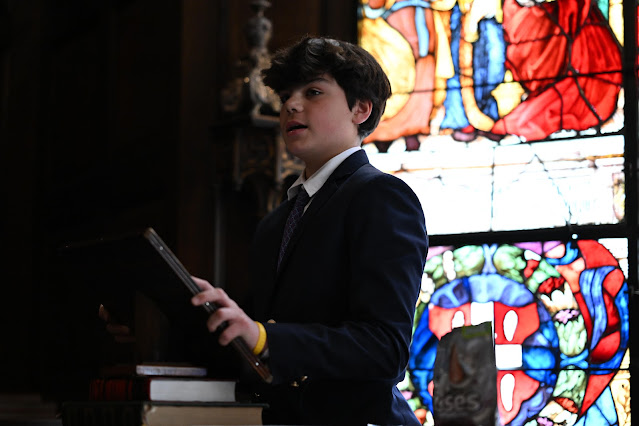BUILDING STUDENT MOTIVATION THROUGH CHOICE
By the time I was eight years old, I had become completely absorbed in all things baseball. Living in New York was perfect for a baseball fan; although I was a Mets fan thanks to my idol, Tom Seaver, I was also interested in learning about all the amazing Yankees stars of yore. How could I call myself a baseball fan if I didn’t know the history and records of stars like Babe Ruth, Lou Gehrig, and Yogi Berra? I loved collecting baseball cards and reading the career statistics of each player on the back. Looking through my collection one day, I discovered that I shared a birthday with the legendary Pittsburgh Pirates outfielder Roberto Clemente. At eight years old, I was crushed to hear the news that he had died tragically in a plane crash while trying to ensure that earthquake relief supplies were making it through to their intended destination in Nicaragua. In the accounts after his death, I read that Clemente had said, “If you have a chance to help others and fail to do so, you’re wasting your time on this earth.” (1) Even though I wasn’t a Pirates fan, Clemente’s career and humanitarian commitment had an effect on me, and his untimely death was a stirring example of a selfless person, or as we refer to such people at Saint David’s, an “agent for the good.”
For Saint David’s seventh grade curriculum interdisciplinary project, Agents for the Good, students write a researched essay about a person known for being a humanitarian, someone whose actions had a notable impact on the lives of others. Because students can choose the person they want to write about, it helps them persevere while writing a 1,000 word essay. “By centering choice, educators offer students scaffolded opportunities to practice decision-making, explore their academic identity, and connect their learning to interests and passions.” (2) It will come as no surprise that had I been assigned such an essay at age twelve, I would have chosen Roberto Clemente as my “agent.” I admired him and he played a sport about which I was passionate. I believe that allowing our seventh graders to choose a humanitarian who aligns with one of their interests gives them a sense of agency in their work.
Boys have chosen sports figures, actors, musicians, scientists, and Nobel Peace Prize recipients to research and write about: Arthur Ashe, Paul Newman, Jonas Salk, Medgar Evers, and William Wilberforce, to name a few. Sometimes, a student is inspired to learn more about a subject they recently learned about at school. The seventh grade religion curriculum includes a unit about the Holocaust and stories about brave men and women who helped save Jews from the Nazis. One of my students chose to research Irena Sendler, a Polish humanitarian who served in the Underground Resistance during World War II. The student told me he chose Sendler to research because he “wanted to learn more about the Holocaust and the people who really stepped up and helped.” Another student remarked that “I did better work because I was able to choose someone I was actually interested in and was motivated to learn about.”
Assignments such as these give students a voice in their decisions and moral formation. When students have the agency to choose, whether it’s their research topic, their Chapel talk’s focus, or their summer reading book, they know their decisions affect their own learning.
James Barbieri is a Seventh Grade Homeroom Teacher and Curricular Chair of Religion at Saint David's School.
Notes:
1 https://robertoclemente.com/
2 Merrill, Stephen and Gonser, Sara. “The Importance of Student Choice Across All Grade Levels.” 16 September 2021. https://www.edutopia.org/article/importance-student-choice-across-all-grade-levels/
Further reading on student agency:
The Center for Spiritual and Ethical Education quarterly for this summer is all about student empowerment:
https://viewer.joomag.com/connections-quarterly-summer-25/0112337001746045801?short&
https://theeducationhub.org.nz/agency/
https://selfdeterminationtheory.org/topics/application-education/


